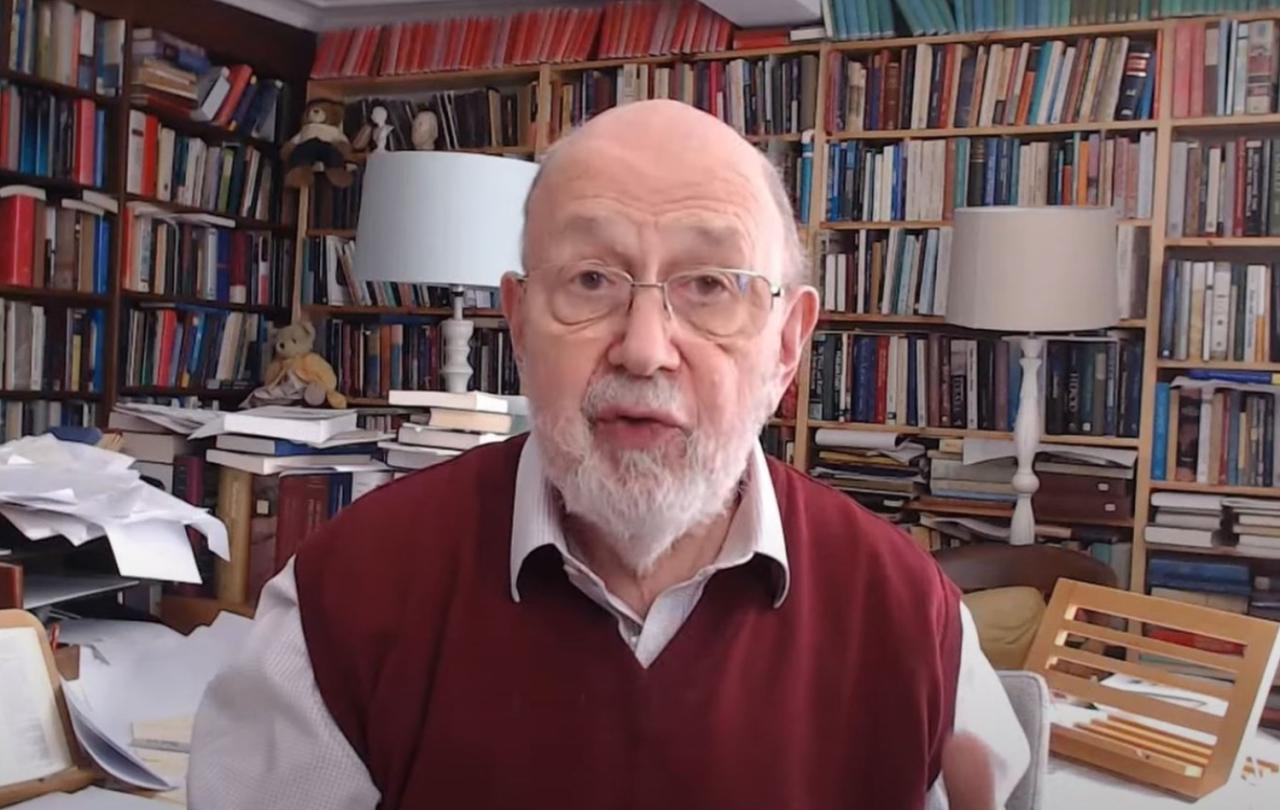
A full human life is a virtuous one, and vice versa. In the second of these eight discussions of virtue, starting in Lent and moving into Easter, we come to the first of the virtues, namely prudence. It’s not a common word today, but you simply can’t have virtue without it, at least according to such luminaries as Aristotle and Thomas Aquinas. Prudence, Aquinas recalls, is:
‘the mother, custodian, and moderator of the virtues.’
That’s because, for him, prudence is nothing less than the meeting point between the good, the true, the human, and the real.
'That to act well – to be virtuous – is to act rationally.'
Virtue, as we saw last time, is all about being fully and characterfully human. Human beings are ‘rational animals’, as Aristotle put it, so to be fully and characterfully oneself, someone has to act rationally, to the fullest extent that she is able. (This is also a tradition that has fiercely upheld the humanity and worth of people with disabilities, including mental disabilities.) There is something deeply counter-cultural about placing that sort of emphasis on reason. Isn’t fulfilment about following our desires, with rational interrogation just getting in the way? Moreover, we’ve lived through decades in universities where reason has been treated with suspicion (that’s the technical term), as ultimately an expression of power or some vested interest, such that ‘truth’ more about the speaker than what is spoken about. In contrast to that, Aquinas insists that to act well – to be virtuous – is to act rationally.
‘Reason is an openness to the reality of things’
That, however, is no cult of abstract or rarefied reason, nor the preserve of some intellectual elite. For one thing, while reason is important, it’s also secondary. Reason matters because of reality. To be virtuous is to live with the grain of how things are: with the grain of being human, of being in a human community, and with the grain of the universe more generally. The place of reason in virtue, according to Aquinas is not so much for its own sake, but because reason is an openness to the reality of things. Second, the rationality of prudence is a matter of keen-sightedness, especially in keeping two things in view, and coordinating between them: moral principles, and the contingencies of the situation to hand. Such clarity of vision is by no means limited to the highly educated, nor is primarily to be learned from books. It is picked up from good examples, and a well-honed common culture. Third, prudence is a virtue – a ‘second nature’, as we saw in the previous article – and that is as much about the honing of instinct, as anything else. It ends up as much a matter of the body as of the soul. It is about being a rational animal, so it shapes us as animals, and not only as minds.
To be virtuous is to be prudent – to be practically wise and rational – because of the need to attend to reality, and work with its grain, not against it. A good life is lived in a way that’s in-keeping with human nature, and with nature more widely, so as to flourish within it. That’s not simply a matter of living sensibly, although that’s also not a bad start, since living sensibly is also harder than we might think. We don’t naturally always make healthy use of the good things of life – food, sleep, sexual intimacy, responsibility, or authority – as good sense would suggest.
On fraught territory
The association of prudence with the reality of things, especially with the shape of human nature, is fraught territory. Human beings are prone to read all sorts of morally charged things into nature, some of them deeply flawed. Even the great Aristotle thought that some human races were ‘obviously’ and ‘naturally’ slaves. He also bequeathed the idea that human nature at its most authentic is male, such that women turn up when a foetus doesn’t develop along those, better, lines. All of that once seemed natural, which is a problem, but it doesn’t invalidate the place of prudence among the virtues, and the place of reason in a well-lived life. It makes careful use of prudence and reason all the more important.
On the good life
Reflecting on what a healthy, flourishing human nature is like, and a healthy, flourishing society, is a tricky business. That’s why it calls for life-long growth in the virtue of prudence: getting better at knowing what that looks like, knowing it more and more instinctually, and in being able to weigh up what it demands in any particular situation, rapidly in some cases. We won’t all agree on what a flourishing life looks like, individually or community, but there may be room for agreement in on the idea that a good life – a virtuous life – involves following that path, which is to say, the path of prudence.





